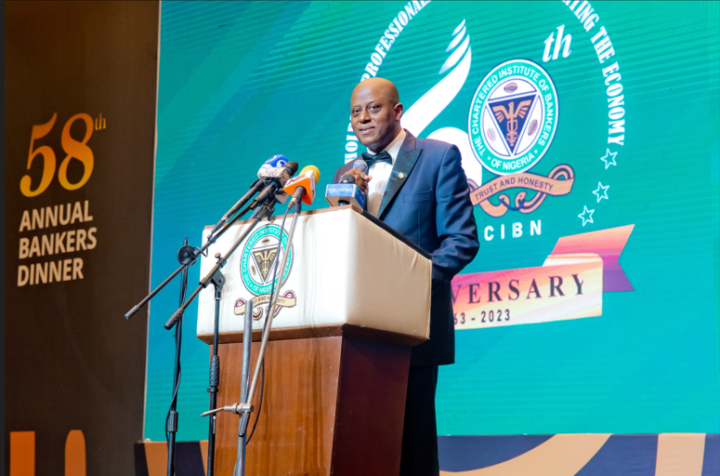In its first monetary policy meeting of the year, the Central Bank of Nigeria (CBN) has decided to retain the Monetary Policy Rate (MPR) at 27.5 percent, signaling its ongoing focus on combating stubborn inflation rather than stimulating growth. The decision was met with mixed reactions from economists, businesses, and consumers, as the economy continues to balance between curbing price pressures and encouraging investment.
The CBN Governor, who chaired the Monetary Policy Committee (MPC) meeting, stated that inflation—while showing early signs of moderation—remains high and poses a risk to price stability and purchasing power. Core inflation, excluding volatile items like food and energy, remains firmly elevated, sustained by ongoing supply chain bottlenecks, currency fluctuations, and lingering effects of past exchange rate liberalization.

By leaving rates unchanged, the MPC emphasized that its priority remains the containment of inflationary expectations even at the risk of slowing economic activity. The committee noted that headline inflation, currently hovering above 22 percent, remains far outside the central bank’s preferred band and advised that any premature easing could undermine the fight against consumer price gains.
Financial analysts partly agree, stating that while high rates increase borrowing costs for households and businesses, tightening too soon risks cementing inflationary pressure. One economist remarked that “the CBN’s hold-out emphasizes that inflation is not yet under control; the pause buys time to assess last year’s policy impact and new macroeconomic data.”
On the other hand, business leaders have voiced disappointment. The high interest environment—with lending rates averaging well over 30 percent—continues to weigh on project finance, capital investment, and working-capital borrowing. Manufacturers in the agriculture and industrial sectors have described access to credit as “near impossible” and worry that sustained high borrowing costs may constrain production, limit job creation, and threaten economic rebound.
The banking industry responded cautiously. Some banks welcomed the policy hold, citing the need for stability to shore up deposit rates and manage asset quality risks. Others believe that as inflation gradually eases, the CBN should signal a return to policy easing to help facilitate credit growth and support economic recovery.
Small and Medium Enterprises (SMEs), which rely heavily on short-term loans, said they were under immense pressure. One entrepreneur stated, “We need rates below 20 percent to grow properly; anything above keeps us scrambling to cover overheads.”
Meanwhile, bond market investors welcomed the resolution. With the rate unchanged, benchmark yields on government securities stabilized near 24 percent, opening room for renewed subscription. Analysts said that a stable policy rate improves market outlook, as wholesale funds continue to be allocated amid limited alternatives in the current high-interest environment.
On the foreign exchange front, the CBN acknowledged that a firm rate policy helps attract portfolio inflows and support the naira. The parallel market premium has narrowed modestly but remains above official rates—reflecting ongoing demand for hard currency and foreign reserve strains.
In its post-meeting communiqué, the MPC signaled openness to future adjustments if inflation shows sustained decline and economic conditions improve. It emphasized the need for fiscal-monetary coordination, urging government budget discipline, revenue reforms, and better alignment between public spending and central bank policy.
Looking ahead, analysts say that the next rate decision will hinge on key data releases. Inflation reports for March and April, foreign exchange market developments, and fiscal discipline ahead of federal election scheduling will be closely observed. Most believe the CBN may consider a measured cut in the final quarter, provided inflation trends continue downward and external pressures remain calm.
In conclusion, while the CBN’s decision to keep the MPR at 27.5 percent demonstrates a cautious approach focused on restoring price stability, it leaves economic stakeholders divided. Consumers and producers hoping for cost relief find little relief, while investors appreciate the policy clarity and signal of tighter macroeconomic control. With inflation unlikely to ease rapidly and public debt servicing demands persisting, this steady-hands strategy may shape Nigeria’s economic trajectory for months to come.
Support InfoStride News' Credible Journalism: Only credible journalism can guarantee a fair, accountable and transparent society, including democracy and government. It involves a lot of efforts and money. We need your support. Click here to Donate
